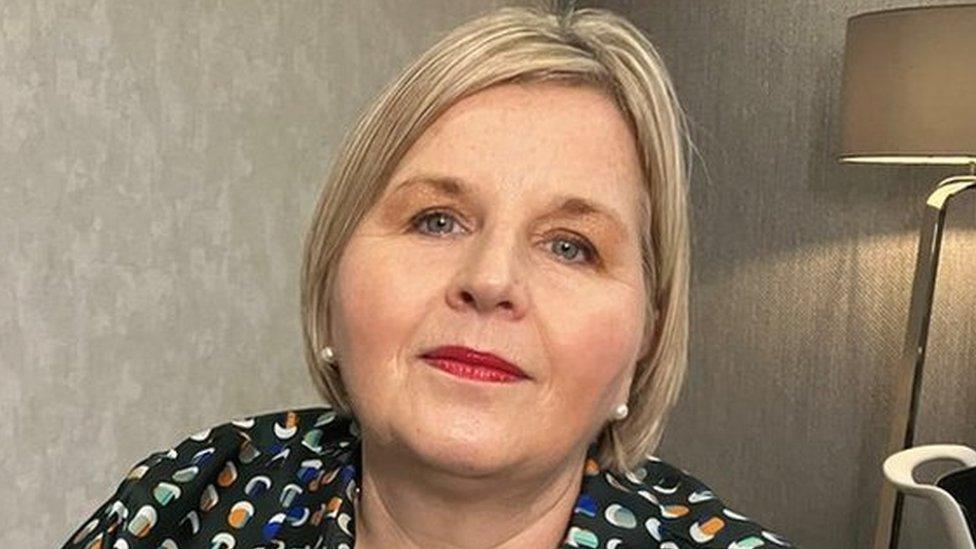Queen's Medical Centre: New intensive care cots on way to neonatal unit
- Published
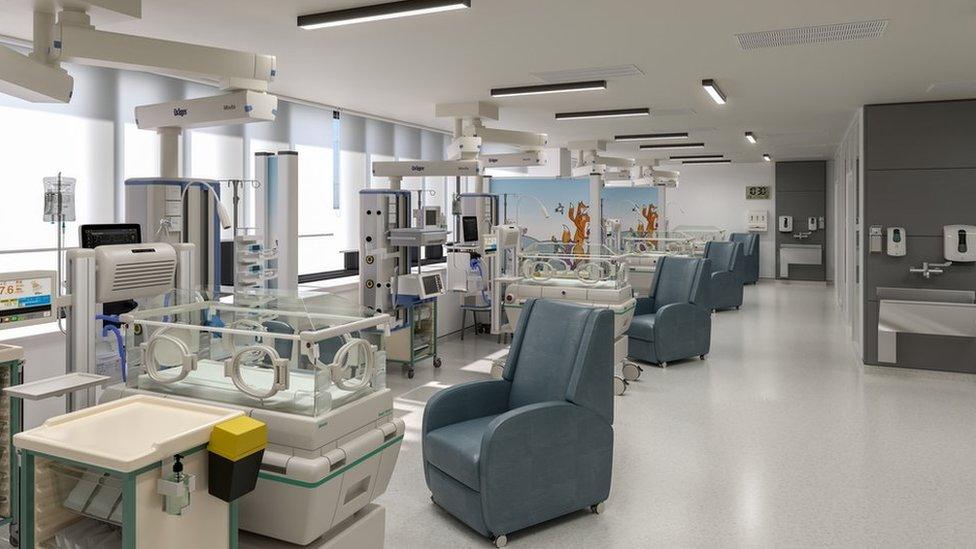
The work at the Queen's Medical Centre will see the number of intensive, high dependency and special care cots increase from 17 to 38
The NHS is set to add 21 new cots to the neonatal intensive care unit at the Queen's Medical Centre (QMC).
Nottingham University Hospitals, which runs both the QMC and Nottingham City Hospital, is the main neonatal intensive care service in the region, caring for about 1,000 babies a year.
But it only has 17 intensive care cots at the QMC and is often forced to send babies to other regions for treatment.
Building work to expand the unit has now started.
The Paediatric Surgical Unit within Nottingham Children's Hospital will serve as a temporary neonatal unit while the building work is carried out.
The unit will then move back to the QMC and the neonatal unit at City Hospital will become a "local neonatal unit", where babies will stay in intensive care for up to 48 hours, before being transferred to the QMC for longer term care where needed.
Baby India Wood had been an inpatient on the old QMC neonatal unit since she was born prematurely in May 2023, weighing just 530g.
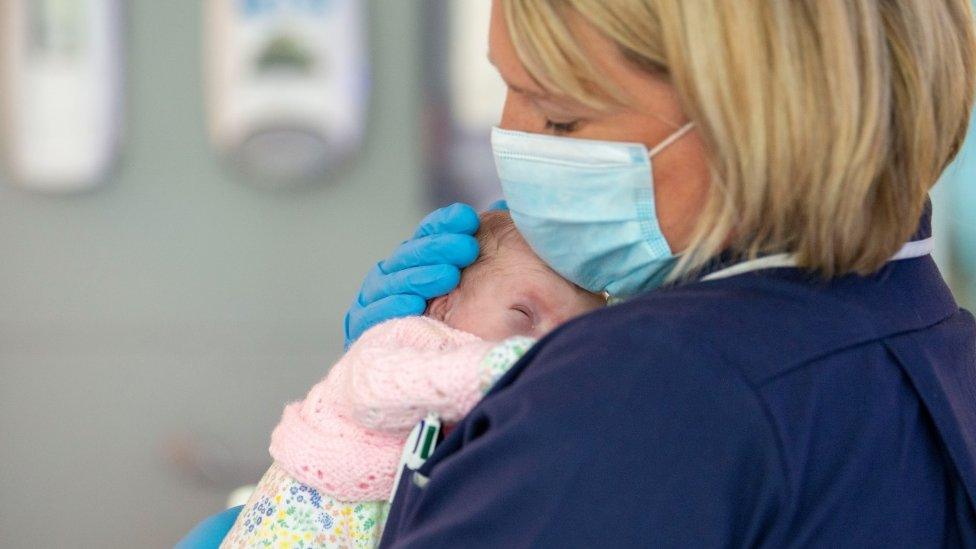
Babies have been transferred to a temporary neonatal unit at Nottingham Children's Hospital
Her parents Will and Amy Wood, who live in Lincoln, said they were transferred to the QMC for India's birth as neonatal units in Lincolnshire did not accept babies born under 28 weeks gestation and could not carry out the surgery she needed.
Mr Wood said: "Initially the environment was scary, the space, the noise and the amount of doctors and nurses was all a bit of a shock.
"However, we quickly became used to the surroundings and it began to feel like a second home where we felt as comfortable as we could be given the circumstances."
India had surgery at 26 days old, which revealed she had a condition called Ileal Atresia - where the small intestine is blocked, preventing milk from passing through and causing severe pain.
She was fitted with a stoma bag, which was then removed and her intestines connected back together once she was bigger and stronger.
India was 16 weeks old and on the neonatal unit at the time of the move to its new temporary home.
She and 11 other babies were transferred in their incubators to the temporary unit.
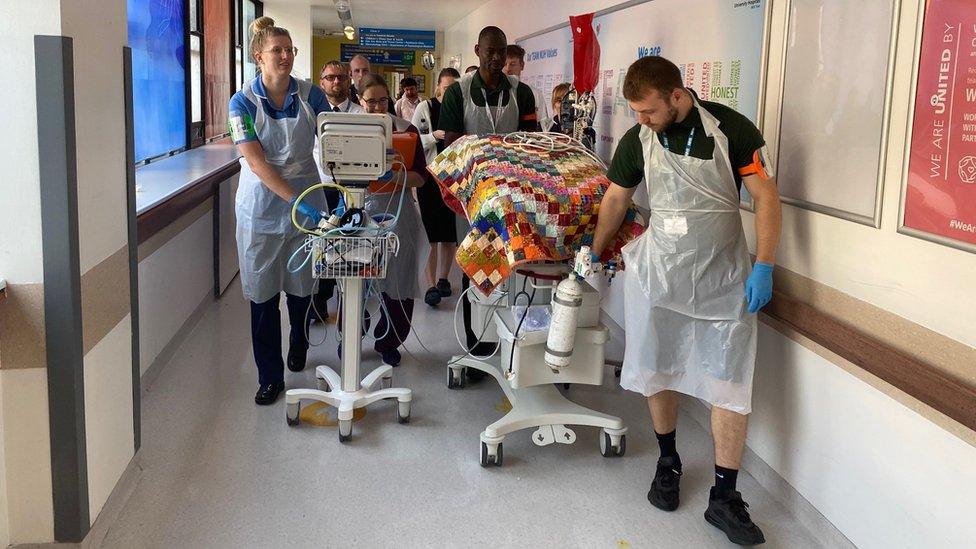
The project is jointly funded by NHS England, and the NHS Nottingham and Nottinghamshire Integrated Care Board (ICB)
Mr Wood said: "We were fine about being moved to the new, temporary unit - I think due to the numerous times India had been transported for surgery and scans, it did not bother us.
"We found the move to be very professional and smooth. We especially liked the fact that the corridors were shut off from the public as the babies were moved through, which made the journey quicker and easier."
After 141 days in neonatal care, India is now at home with her parents who are looking forward to the new year as a family of three.
'Improved experience'
Jenni Twinn, programme director for the project, said the new unit was "important and much-needed".
She added: "The neonatal unit expansion will enable us to accept more babies from Nottingham and the East Midlands who need our care, rather than having to transfer them to another hospital which often results in families being a long way from their support networks and in extreme circumstances when we have no capacity can lead to the potential separating of twins and triplets.
"In addition, it will greatly improve the environment for families by giving them more privacy whilst they are staying on the unit, and our staff will be working in a brand new, state-of-the-art facility.
"In turn, this will all lead to an improved experience for our families and staff on the unit."
It comes amid an ongoing review, which is looking into failings in maternity care in Nottingham's hospitals, which is the largest of its kind ever carried out in the UK.
The review is examining how dozens of babies died or were injured at the trust, with 1,700 families' cases set to be looked at.
Donna Ockenden, a senior midwife who is chair of the inquiry, said the review would not report until September 2025.

Follow BBC East Midlands on Facebook, external, on X, external, or on Instagram, external. Send your story ideas to eastmidsnews@bbc.co.uk, external.
Related topics
- Published17 November 2023
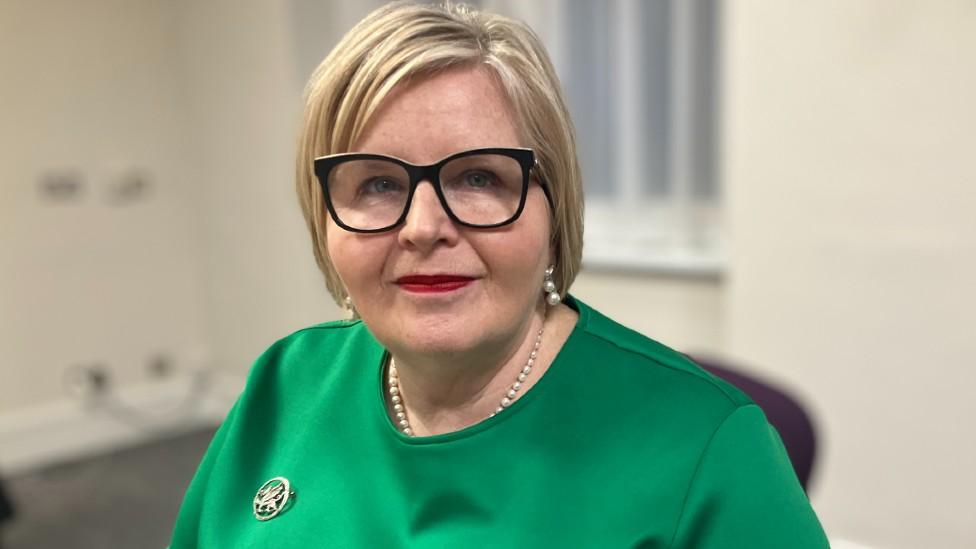
- Published1 September 2023
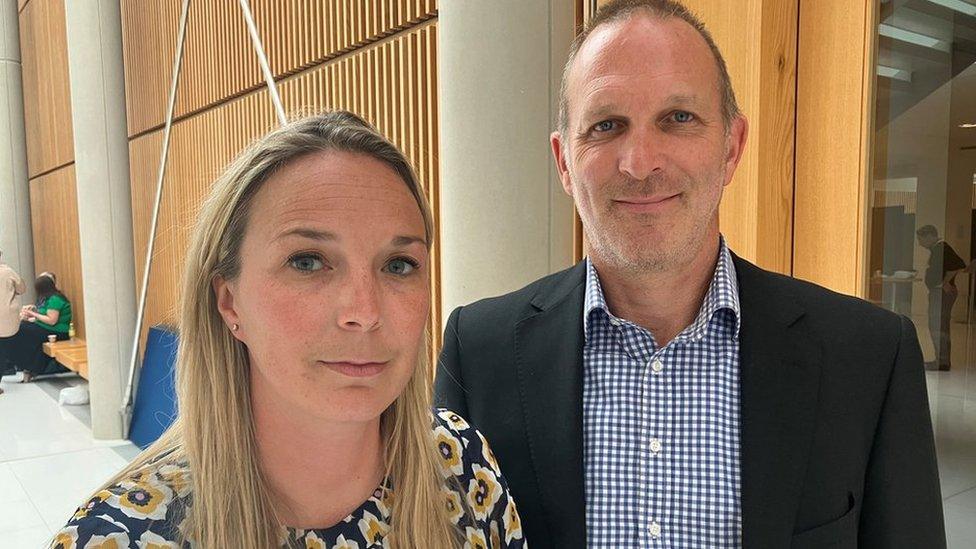
- Published10 July 2023
